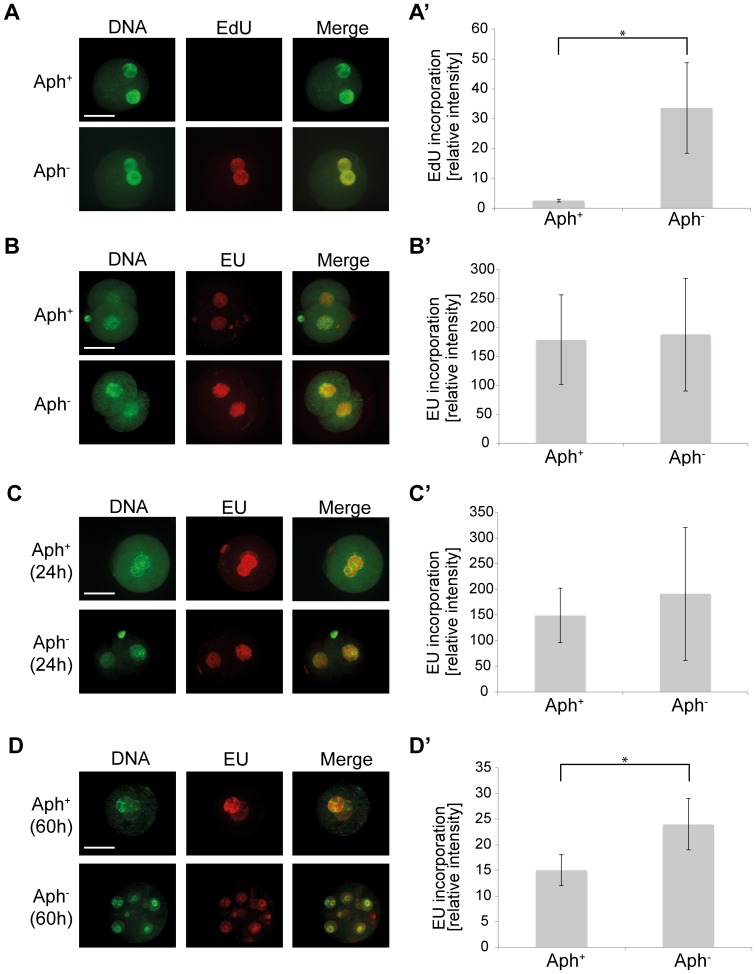Figure 2. Aphidicolin effectively and selectively inhibits DNA synthesis in fertilized embryos.
In mouse development the first round of DNA replication occurs at the pronuclear stage and the major wave of embryonic genome activation occurs at the 2-cell stage. While the deoxyribonucleotide analogue 5-ethynyl-2′-deoxyuridine (EdU) was incorporated into newly synthesized DNA of aphidicolin-negative (Aph−) pronuclear oocytes, no EdU incorporation was detected in Aph+ pronuclear oocytes that were treated with 2 µg/ml Aph for 6 hours (A, A’). When 2-cell embryos in G1 phase were cultured with the ribonucleotide analogue 5-ethynyl uridine (EU), EU was incorporated into newly synthesized mRNA regardless of the 6-hour Aph treatment (B, B’). When Aph treatment was protracted after 6 hours, EU incorporation was unchanged after 24 hours (C, C’) and was reduced after 60 hours (D, D’). Incorporation of EdU and EU was revealed using Click-iT imaging technology. Fluorescence images were taken on a Nikon TE2000 microscope fitted with an UltraView RS3 confocal module, and the fluorescence signals indicative of EdU and EU incorporation were quantified using ImageJ. Scale bar 40 µm. Statistical significance was calculated using t-test with p≤0.05.

